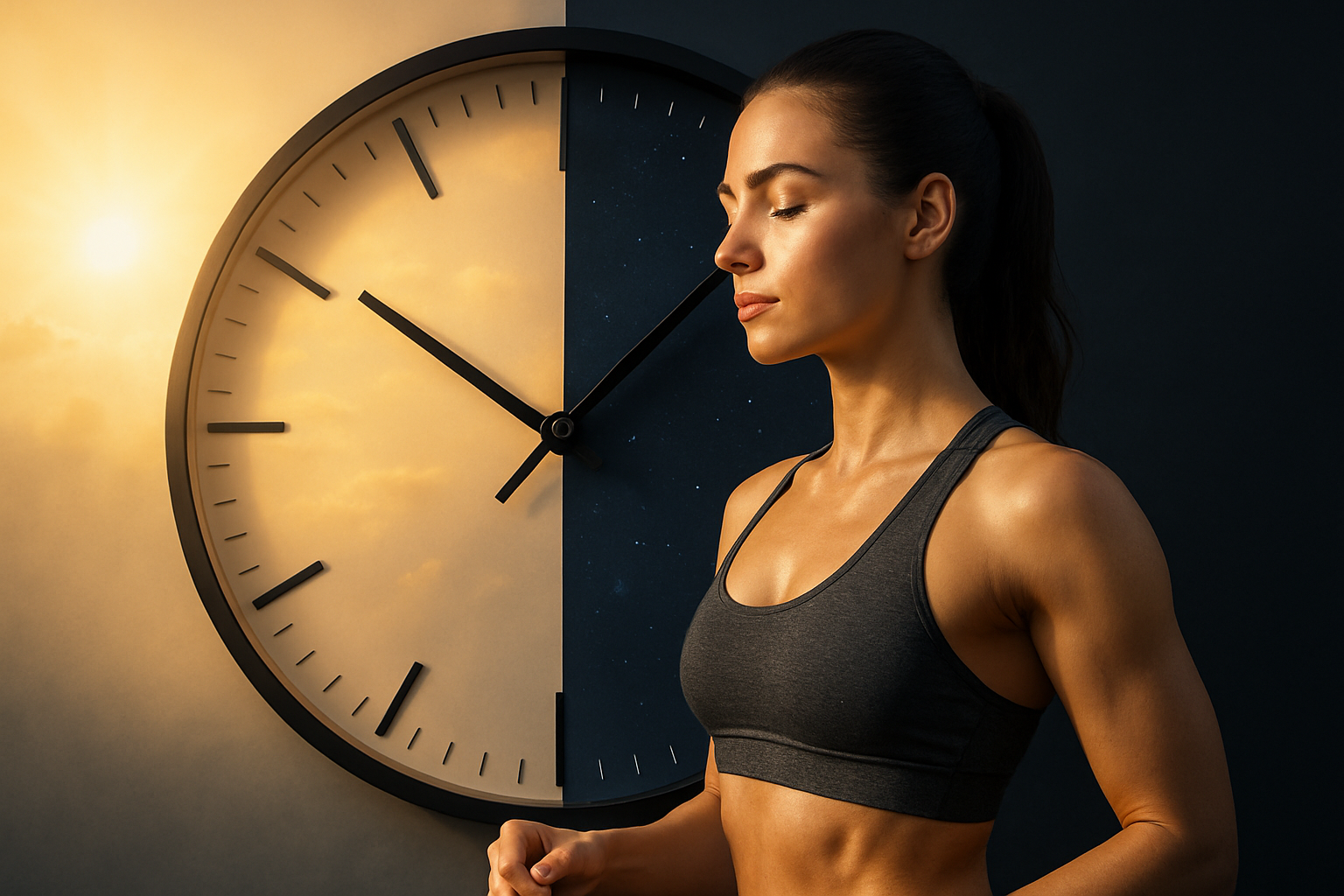Practical sleep strategies for travelers adjusting across time zones
Frequent travel across time zones can disrupt sleep and daily routines. This article outlines practical strategies—covering circadian adjustment, hydration, nutrition, exercise, mindfulness, and selfcare—to help travelers manage jetlag and maintain wellness on the road.

Travel across time zones challenges the body’s sleep systems and daily routines. Practical adjustments—timing light exposure, controlling meals and fluids, using exercise and mindfulness, and protecting immunity—can reduce jetlag and support resilience. The strategies below focus on aligning circadian signals, preserving sleep quality, and maintaining overall wellness during trips of varying lengths. This article is for informational purposes only and should not be considered medical advice. Please consult a qualified healthcare professional for personalized guidance and treatment.
How does circadian rhythm affect sleep on trips?
Circadian rhythms are internal 24-hour cycles that influence sleep, alertness, and many physiological processes. When you cross time zones quickly, your circadian timing can fall out of sync with local time, making it hard to fall asleep or wake at desired hours. Adjusting light exposure is one of the most effective non-pharmacological methods to shift circadian timing: seek bright morning light when advancing to an earlier time zone, or evening light when delaying to a later time zone. Consistent sleep timing, even short naps timed carefully, helps stabilize rhythms so sleep quality recovers more quickly as you travel.
What practical steps reduce jetlag symptoms?
Minimizing jetlag involves gradual shifts before departure and targeted actions after arrival. If possible, move your schedule by 30–60 minutes toward the destination time zone in the days before traveling. During flights, try to rest according to the arrival time—sleep longer on overnight flights but avoid deep naps that prevent night sleep. Use strategies like sunglasses on arrival to reduce unwanted light exposure when you need to delay circadian shift, and morning light to speed adjustment when you need to advance. Hydration, nutrition timing, and moderate activity also influence how quickly you adapt.
How can nutrition and hydration support sleep?
Nutrition and hydration both influence sleep and circadian regulation. Stay hydrated during travel, but reduce caffeine and alcohol intake in the hours before intended sleep, as both can fragment rest. Eating meals aligned with the destination schedule supports the circadian system—light, carbohydrate-rich breakfasts can help wakefulness in the morning, and a lighter evening meal promotes nighttime sleepiness. Include balanced nutrients to support immunity and energy: lean proteins, whole grains, and vegetables help maintain steady blood sugar and reduce sleep-disrupting hunger or discomfort.
What exercise and routine habits help adjust?
Regular, appropriately timed exercise can improve sleep quality and speed circadian adaptation. Aim for moderate aerobic activity earlier in the day or late afternoon rather than right before bedtime; vigorous exercise too close to sleep can increase arousal. Establish a consistent sleep routine in the new time zone: dim lights before bed, a short pre-sleep ritual, and a stable wake time. These habits build resilience against disruption and make it easier to fall asleep. Short, strategic naps (20–30 minutes) can be restorative without undermining nighttime sleep if used judiciously.
How does mindfulness and selfcare improve sleep?
Mindfulness techniques and simple selfcare practices reduce stress and improve the ability to fall and stay asleep. Breathing exercises, progressive muscle relaxation, or brief guided meditations can reduce travel-related anxiety and help transition to rest in unfamiliar settings. Maintain small rituals that cue sleep—clean sheets, earplugs, eye masks, or a warm shower—and prioritize restful behaviors like limiting screen time before bed. These actions support mental wellness and make adapting across time zones more manageable by reducing cognitive and emotional barriers to sleep.
How to maintain immunity and long-term wellness while traveling?
Travel can strain immunity through disrupted sleep, irregular meals, and stress. Prioritize consistent sleep and hydration to support immune function, and include nutrient-rich foods that supply vitamins and minerals. Hand hygiene, adequate rest, and managing exposure to crowded spaces when possible also reduce infection risk. If frequent travel is part of your routine, build resilience with stable habits—regular exercise, predictable bedtime routines, and scheduled downtime—to reduce cumulative sleep debt and support long-term wellness while on the road.
Conclusion
Adapting sleep across time zones combines practical circadian strategies, mindful routines, and supportive lifestyle choices. By adjusting light exposure, timing meals and fluids, using exercise appropriately, and practicing mindfulness and selfcare, travelers can reduce jetlag and preserve sleep quality. Consistent application of these methods promotes resilience and helps maintain immunity and overall wellness during and after travel.






